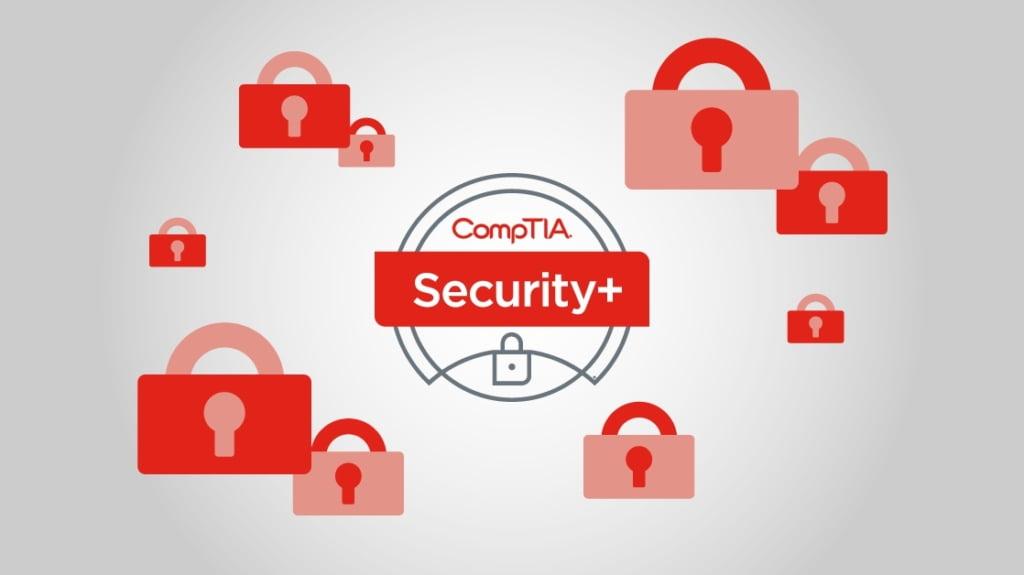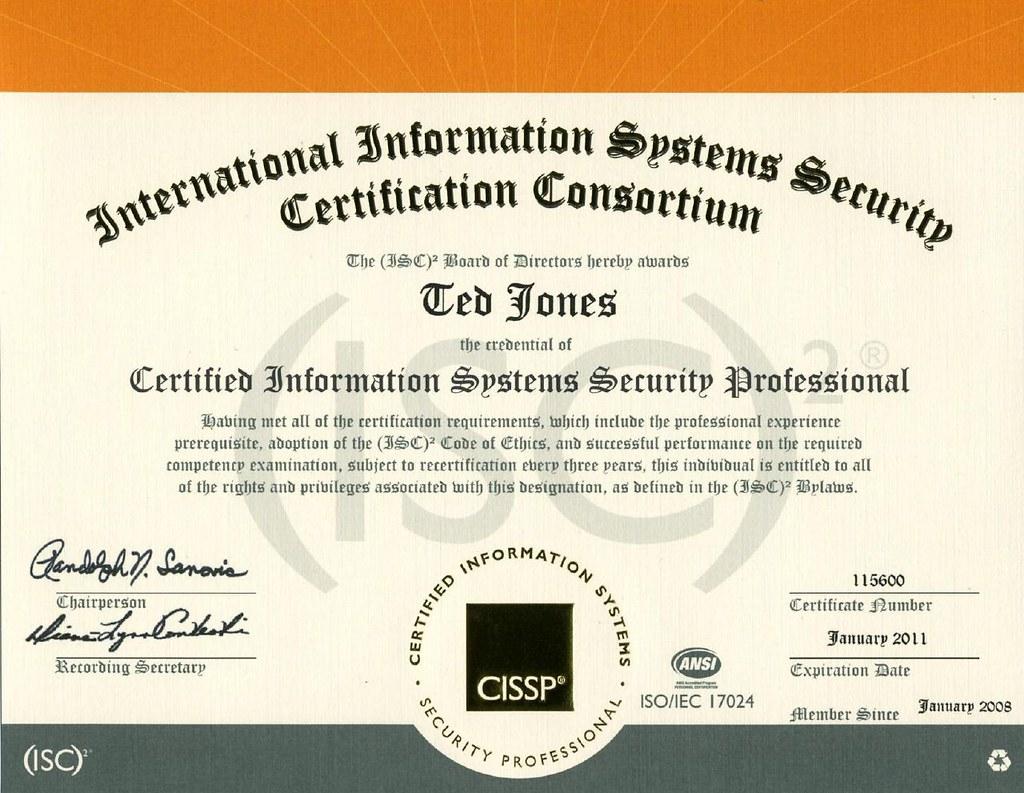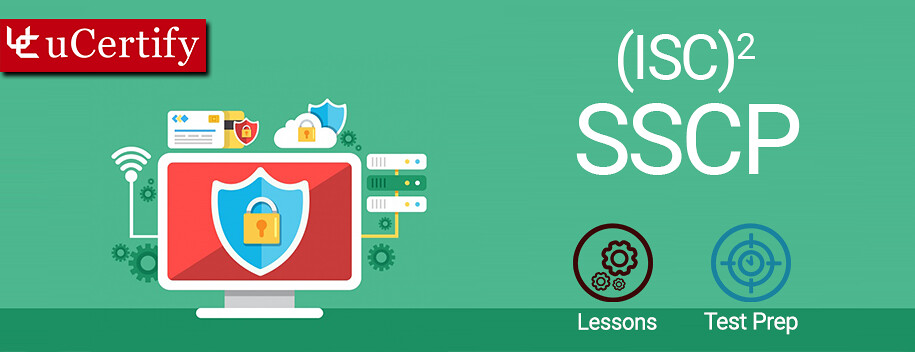Certifications are an essential part of many professions, especially in the IT sector because they prove your ability and knowledge. Thus, seeking these degrees will help you start your career easier.
There are hundreds of certification types in the IT world. They feature different skill levels. So, what are the best cybersecurity certifications for beginners?
This post will bring you some valuable suggestions. Keep reading to find out!
What Is Cyber Security Certification?
Cyber security certifications validate your skills and knowledge in fulfilling security tasks. The certificate holders can prove that they meet the cybersecurity benchmarks defined by organizations within the industry.
There are many types of cybersecurity certifications. Their purpose is to demonstrate your proficiency in various aspects of cyber security.
Some popular examples are:
- Protecting digital systems and networks
- Preventing unauthorized access or cyber-attacks
- Predicting and reducing vulnerabilities
Cybersecurity certificates are offered by reputable figures or organizations. They are also the ones who offer certification programs, including training courses to acquire the certificate.
Acquiring a certification in cybersecurity brings many benefits. It helps broaden your career prospects and increases the chance of landing your dream job.
Best Cyber Security Certifications for Beginners
These certificates gather essential knowledge in cybersecurity. They are also suitable for graduates with entry-level experience. Check out the list below!
1. Microsoft Certified
Microsoft provides tests for learners worldwide. These degrees prove that you can keep pace with technological changes.
You can seek security certification first. This degree focuses on general IT skills and knowledge. They revolve around networking and building clouds. These areas will benefit you a lot in your future career.
There are many ways to achieve these certificates. You can attend the instruction events, for example. Another other excellent method is to take practice exams. They will help you become more familiar with the real tests.
Reference: https://learn.microsoft.com/en-us/credentials/certifications/cybersecurity-architect-expert/

2. Cybersecurity Fundamentals
This certificate is very popular in the IT industry. It is suitable for professionals with medium to advanced skills. Yet, beginners can still accumulate knowledge and strive for this certification.
A Cybersecurity Fundamentals degree proves that you have the ability to prevent security threats and online attacks. It also covers the four primary domains of cybersecurity.
Reference: https://www.isaca.org/credentialing/cybersecurity-fundamentals-certificate
3. CompTIA Security+
This certification gathers the skills you need to perform security tasks. It has become a standard for any student who wants to pursue an IT security career.
When passing the qualifying exam, you will have the following skills
- Have a deep understanding of penetration testing
- Carry out security architecture for networks
- Install and setup wireless security settings
- Control access and prevent vulnerabilities
The exam also focuses on the most popular risk management practices.
Reference: https://www.comptia.org/certifications/security

4. Certified Ethical Hacker (CEH)
CEH is an indispensable certificate for ethical hackers and professionals in penetration testing. It also recognizes your ability to identify security loops. Thus, consider this option if you want to specialize in offensive security.
Reference: https://www.eccouncil.org/train-certify/certified-ethical-hacker-ceh/

5. Certified Information Systems Security Professional (CISSP)
This certificate may be a little overwhelming for beginners. It covers knowledge of various topics. Examples are security architecture and risk management.
Reference: https://www.isc2.org/Certifications/CISSP

6. Cisco Certified Network Associate (CCNA) Cyber Ops
This certificate is ideal if you want to pursue a career in network security. It trains you to react to different security incidents. You also learn to secure and monitor a network effectively.
There are a lot of online courses for CCNA. They will be easier to follow if you gain a basic understanding of network concepts first.
Reference: https://www.cisco.com/c/en/us/training-events/training-certifications/certifications/cyberops.html

7. Certified Information Privacy Professional (CIPP)
You need to learn about privacy regulations and laws to achieve this certificate. It’s an essential part of network security with growing risks of privacy violations.
There’s a curriculum you can follow to prepare for the exam. It’s designed by the top privacy lawyers around the globe. After achieving this candidate, you will have a foundational understanding of data protection and privacy rules.
8. GIAC Security Essentials (GSEC)
This certification is provided by the Global Information Assurance Certification (GIAC). It covers various topics relating to cybersecurity, such as networking and access control.
Reference: https://www.giac.org/certifications/security-essentials-gsec/
9. GIAC Information Security Fundamentals (GISF)
GISF is a certification relating to system administration. The candidates have the ability to manage systems and secure information. You also gain a solid overview of policies and computer networks.
This exam is on a higher level than CompTIA security+. You should practice your problem-solving skills. The real experience obtained from training will also help you deal with this challenge.
Reference: https://www.giac.org/certifications/information-security-fundamentals-gisf/
10. Systems Security Certified Practitioner (SSCP)
SSCP is perhaps the most popular one among top security certifications. It perfectly suits entry-level learners. This certificate involves essential fields like network engineering and security administration.
Learners only need to pass one single exam to achieve this certificate. You can attend the training sessions and workshops to prepare for this exam.
Reference: https://www.isc2.org/Certifications/SSCP

Benefits of Getting a Certification
Earning a certificate can benefit both graduates and professionals. You can seek suitable targets to pursue regardless of your position. Here are some noticeable benefits you can consider.
More Job Opportunities
Companies often focus on candidates with a more impressive portfolio. To do this, they will look at the types and number of certificates you have. Therefore, earning more certificates will give you more career options.
It also increases the chance of you landing your dream job. Also, many positions require specific degrees. Learners must achieve them to qualify for the post.
More Chance For Promotion
The critical thing is to determine which type of certification you need. Does it bring any practical benefit to your current positions? You can also ask experienced coworkers for more advice.
With suitable certifications, you can advance faster in your career. For example, the higher positions in your company feature higher salaries. Yet, they also require more experience and responsibilities.
The certification proves that you have the ability to hold this position. Thus, they will increase your chance of promotion.
Higher Flexibility
As mentioned above, many positions require a different set of certificates. It’s the minimum conditions to apply for the job. Therefore, you can switch between other job titles more flexibly.

Final Thoughts
The certifications will assist you in landing your dream jobs. They are also a recognition of your knowledge and hard work.
Getting these certificates is just the first step to developing your career. You must constantly learn and grow your skills to advance in your field.
I hope the suggestions provided can help you. Thank you for your time!
